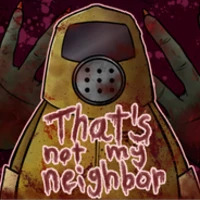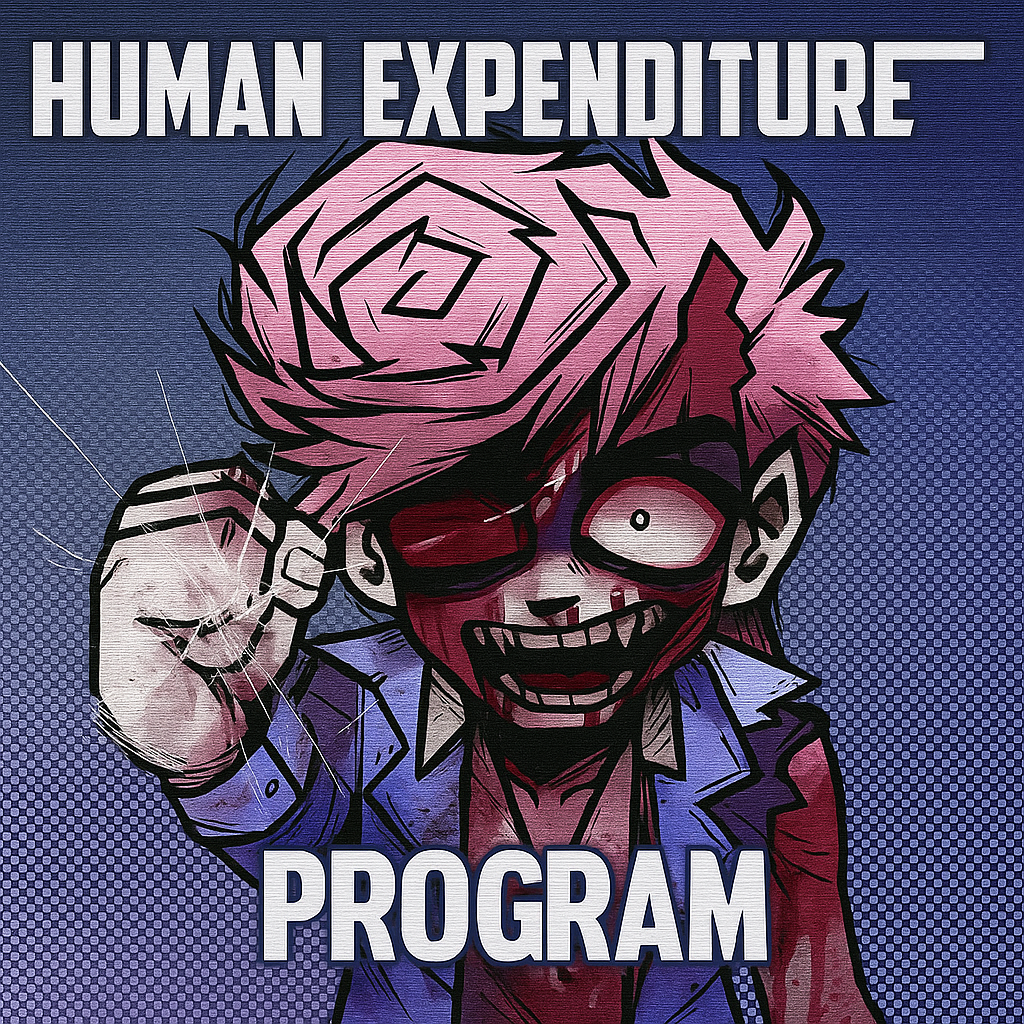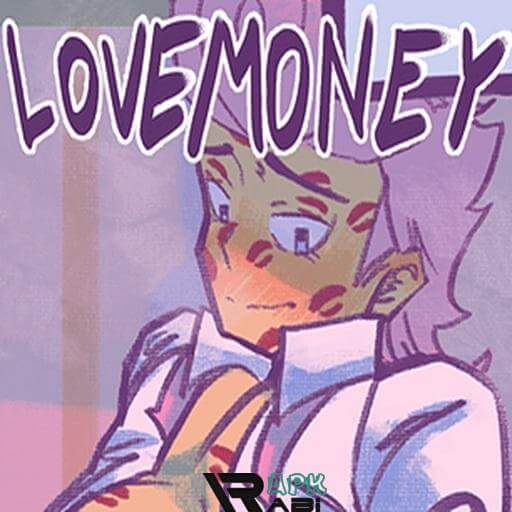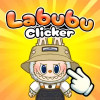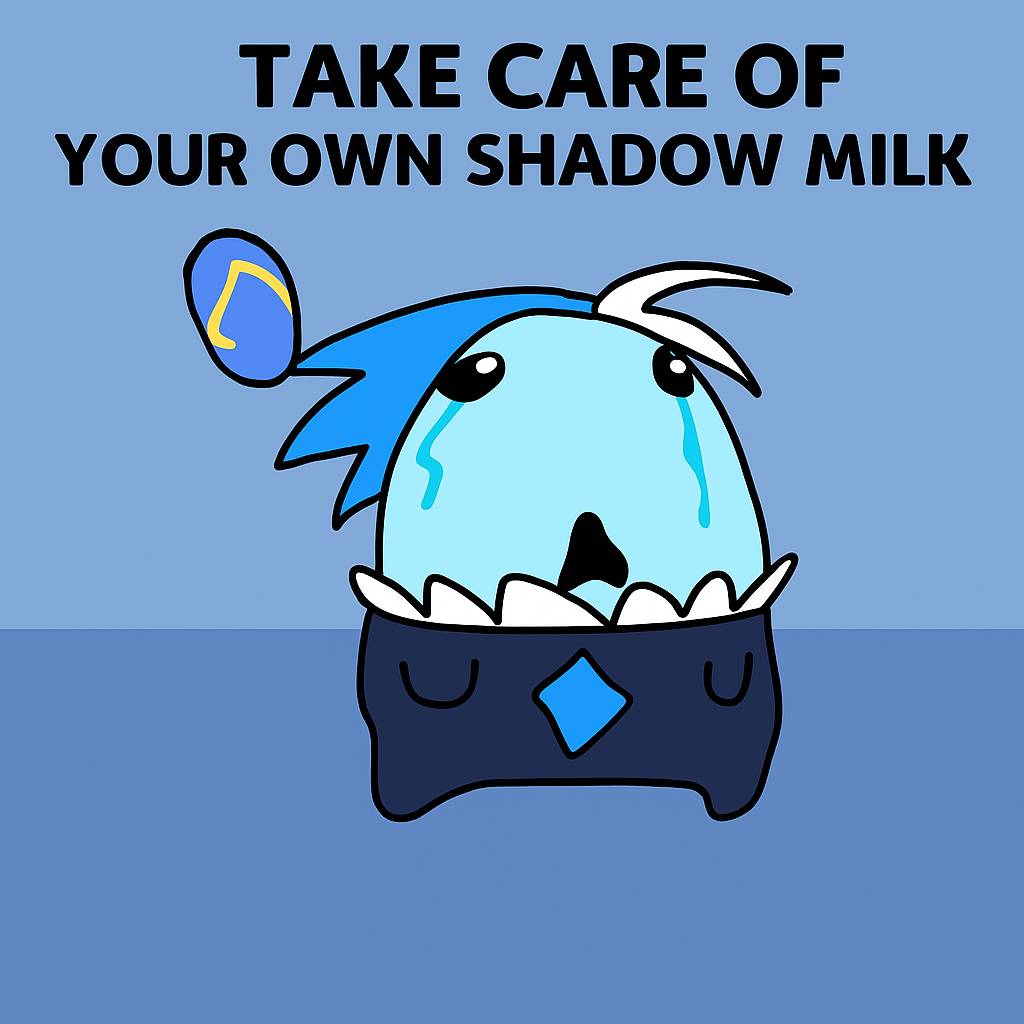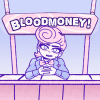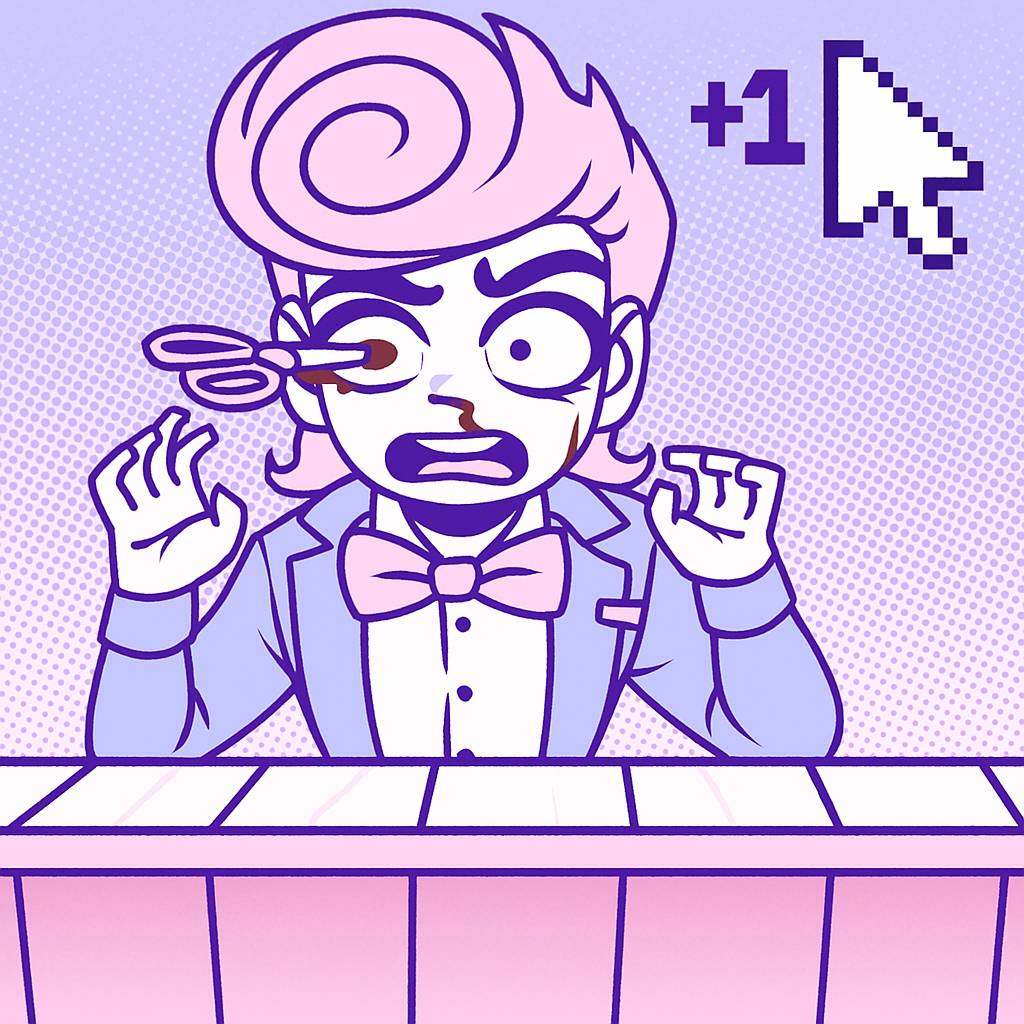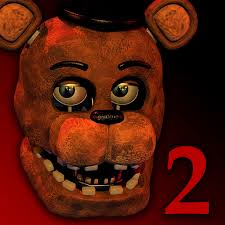Thwordle
About Thwordle
In the ever-expanding universe of online word‐games, Thwordle is a standout newcomer that offers a clever twist on familiar mechanics. It takes what many players love about daily word puzzles—such as Wordle—and adds its own flavour to keep things engaging, challenging, and fun. Here’s a deep dive into what makes Thwordle unique, how it works, why people are into it, and some tips if you want to get good at it.
What Is Thwordle?
Thwordle is a word‐guessing game where players try to deduce a secret word within a limited number of attempts. Like many modern puzzle‐games, its appeal lies in its simplicity paired with strategic depth. It builds on the template of “correct letters / correct positions” feedback, forcing players to think not just of valid words, but optimal guesses based on what’s revealed.
While Thwordle shares some roots with Wordle and its many clones, it introduces distinctive mechanics (which may vary by version) that make its puzzles either more complex or more flexible—depending on your preferred level of challenge.
How to Play
Though specific rules can vary slightly depending on the version, these are the core gameplay elements in Thwordle:
-
Word Length & Attempts: You’re given a fixed number of guesses (often six), and each guess must be a valid word of the same length as the secret word.
-
Feedback System: After each guess, letters will be marked to show whether they are in the correct spot, in the word but in the wrong spot, or not in the word at all.
-
Strategy Over Random Guessing: Because you only have limited tries, guessing words that maximize information (i.e. test many different letters and positions early) tends to be a better approach.
Some versions of Thwordle may include extra features, such as Hard Mode, timed challenges, or different lengths of secret words to increase difficulty.
What Sets Thwordle Apart
Here are a few things that make Thwordle stand out compared to other word puzzles:
-
Varied Difficulty Settings – Players might get options to choose easier or harder word banks, enabling beginners and experts alike to enjoy the game.
-
Flexible Word Lengths or Extra Rounds – Some versions allow guessing longer words or multiple words at once, making the game less predictable.
-
Community Features – Social sharing of results, leaderboards, or challenge modes add motivation.
-
Polished Feedback and UX – Clean visuals, smooth input, and helpful feedback make the experience satisfying—even when you don’t win.
Why It’s Appealing
-
Mental Workout: Trains vocabulary, deductive reasoning, pattern recognition, and sometimes speed.
-
Low Commitment, High Reward: A few minutes per session with high satisfaction.
-
Shared Experience: Daily puzzles and streaks connect players socially.
-
Replayability: Constantly changing words keep the game fresh.
Tips & Strategies
If you’re playing Thwordle and want to improve:
-
Start with words using common vowels and consonants (R, S, T, L, N).
-
Avoid repeats in early guesses unless suspected.
-
Use process of elimination to test many letters.
-
Track your feedback carefully.
-
Stay flexible—don’t lock onto one idea too early.
Potential Drawbacks
-
Word choice ambiguity: Sometimes secret words are rare or outdated.
-
Limited attempts and harsh feedback: A few unlucky guesses can cost the game.
-
Repetition & fatigue: Daily puzzles may feel similar without variety.
Conclusion
Thwordle offers much of the satisfying puzzle fun of Wordle and its cousins, but with its own spin. Whether you’re a casual player who enjoys stretching your mind for five minutes, or a word-game enthusiast chasing streaks and mastering strategy, Thwordle has something to offer.
